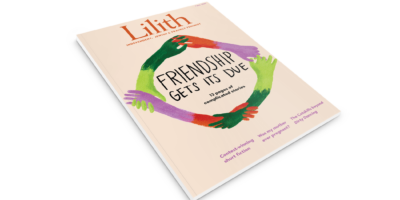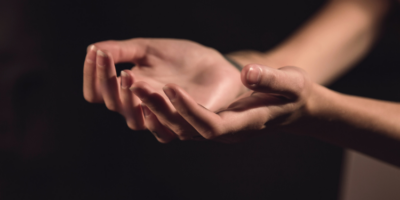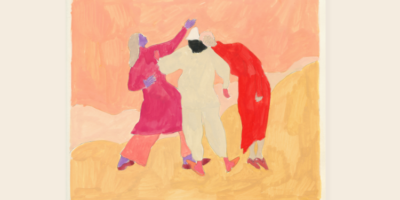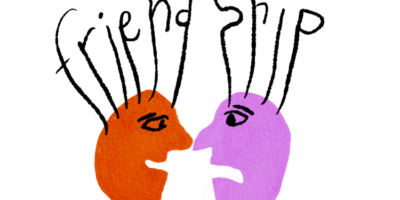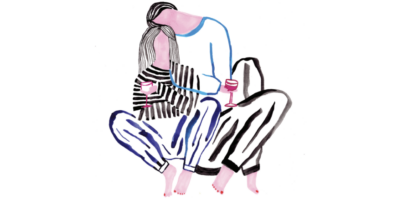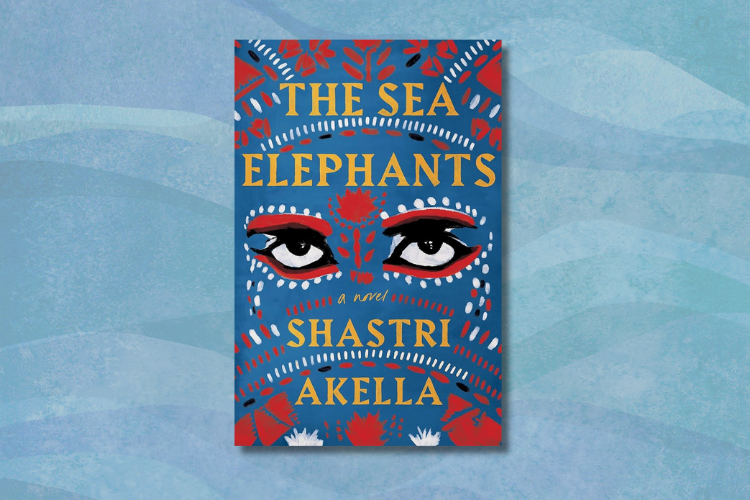
Why I Wrote the Book: The Sea Elephants
I wasn’t supposed to be a writer. The Sea Elephants, my debut novel (Flatiron Books, $28.99) wasn’t meant to be written. With an undergraduate degree in Computer Science and a job at Google, I was meant, instead, to bring home a solid monthly paycheck, buy a house in suburban Hyderabad, and, through the time-tested system of arranged marriage—complete with a cast of upper-caste parents, astrologers, and marriage bureaus stacked with albums full of photographs of prospective brides—meet my future wife.
There was, however, a glitch in the matrix of Heteronormia. I was—am—that glitch. I am gay. But I didn’t know it. I thought I was asexual and I moved to the capital city of India and worked from the Delhi branch of Google so I don’t buckle under parental pressure and get married to a girl of their choosing. There, as I experienced profound loneliness, I began writing the story of a young South Asian whose life was different from my own but who shared with me the condition of loneliness: in his living room, one wall had pictures of the dead, and the other had pictures of the living, and the first scene I penned depicted him shifting the last picture from the wall of the living to the wall of the dead.
The scene I’d written felt dull compared to the image in my head that had sparked it into being. But I continued writing and discovered the joy of reading fiction thanks to the advice of a writer I met at the Jaipur Literary Festival, Annie Ziadi. I frequented the second-hand bookshops that old Delhi abounds with and found the fiction of Sabina Murray—and discovered, from her biography, that MFA programs exist. Using the first chapters of my novel-in-progress, I applied to several, and ended up at the University of Massachusetts Amherst, where Murray teaches. I took her novel writing workshop and submit- ted the first hundred pages of my manuscript. She read them and, in her feedback, told me that the narrator, Shagun Mathur, is love with his ‘friend’, Marc Singer.
It was a profoundly unsettling experience: knowing that I’d remained in the dark about the very nature of my desire—but a stranger had gleaned it by reading a story I had written. I took therapy, hoping to be assured that I was asexual. Instead, I came out on the last day of the semester in Murray’s class. That in turn, changed the course of Shagun’s and Marc’s story. Marc, as a more significant character, acquired a last name and a history: he became Marc Singer, a Jewish-American migrant living in Jew Town, Cochin a place that has been home to India’s Jewish population for over two centuries. I spent three weeks in Cochin, researching this history. If Marc is the outsider who finds an unexpected home in Cochin and acceptance from his family, then Shagun is the native who is a perpetual outsider both culturally and in his family, allowing for the two to form a complimentary bond in their relationship. Seven years later, this more authentic version of my novel found a home with Flatiron Books.
It was a profoundly unsettling experience: knowing that I’d remained in the dark about the very nature of my desire—but a stranger had gleaned it by reading a story I had written.
Those who are different and grow up in conservative environments know that it isn’t uncommon to hide our reality from ourselves. What feels unrealistic to those who grew up in privilege feels not only plausible but necessary to us. For instance, a straight reader from Kolkata who grew up with the privilege of liberal education said she couldn’t believe that Shagun won’t know something non-normative about his own body—but queer readers from Mississippi told me they resonated with that experience.
I think that, driven by some wiser part of my subconscious, that is precisely why I wrote this novel: to step out of the loneliness of being a misfit and finding, through the telling of this story, a community defined not by geography or biology but by Otherness and celebrating with them the fact that we’re glitches in the matrix.
Shastri Akella holds an MFA in Creative Writing and a PhD in Comparative Literature from the University of Massachusetts Amherst. The Sea Elephants is his debut novel

